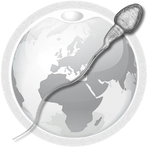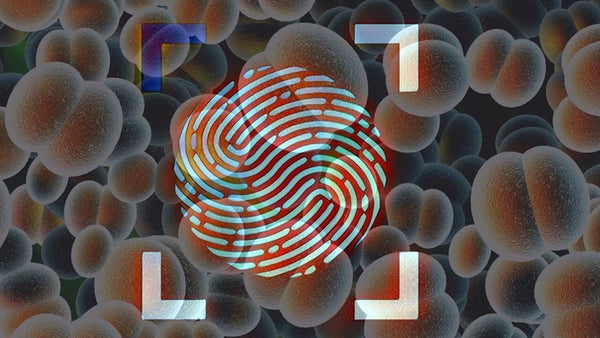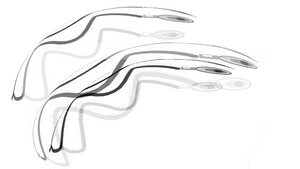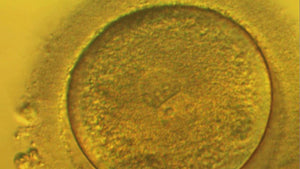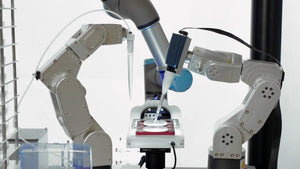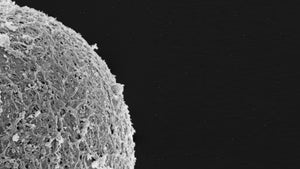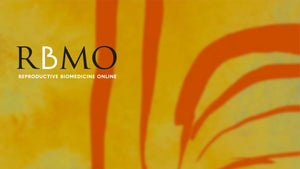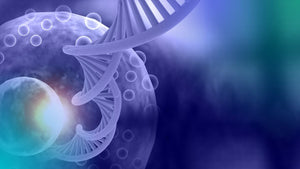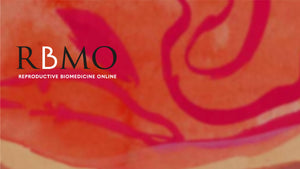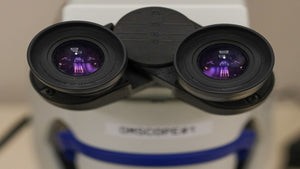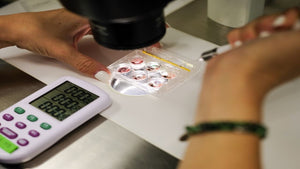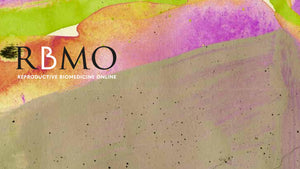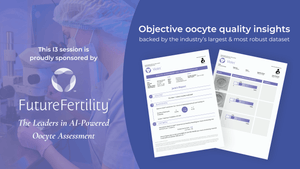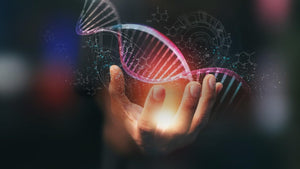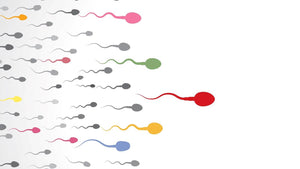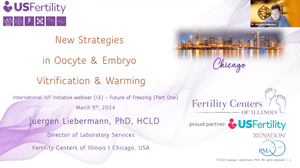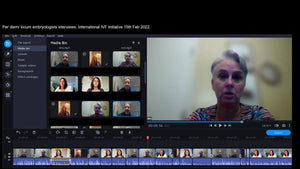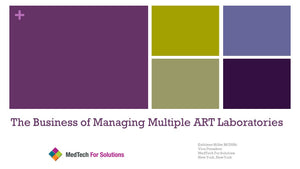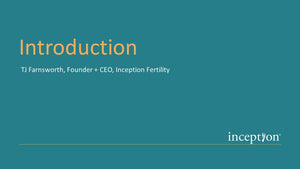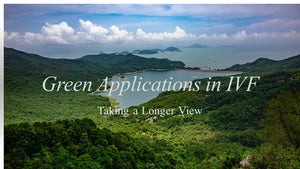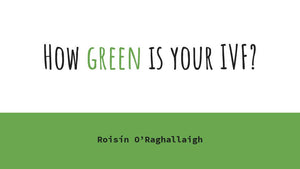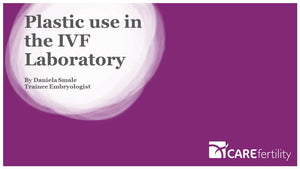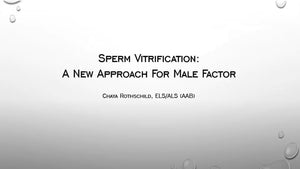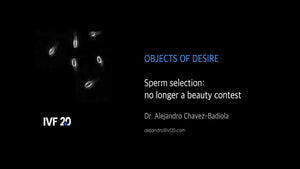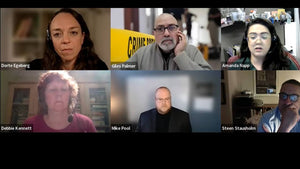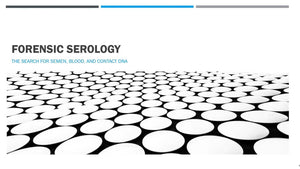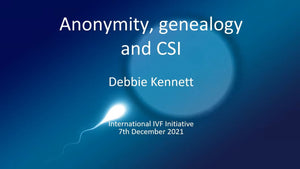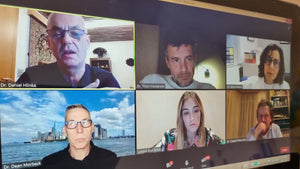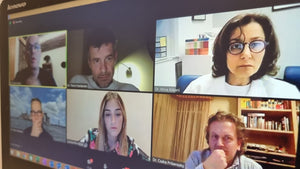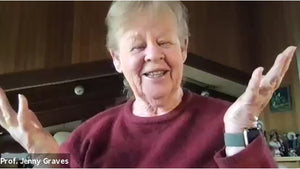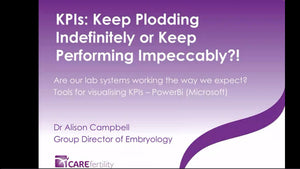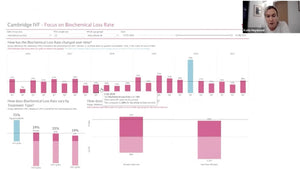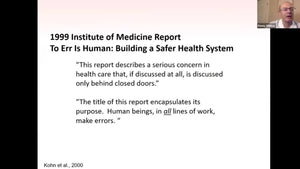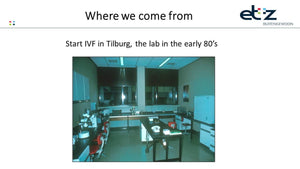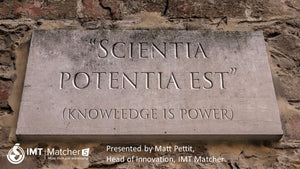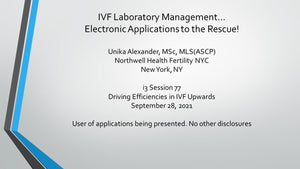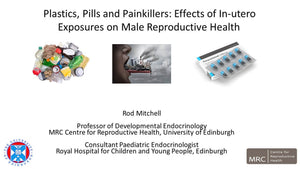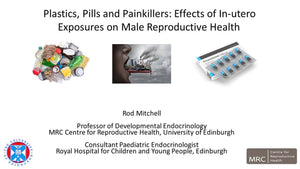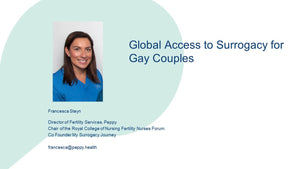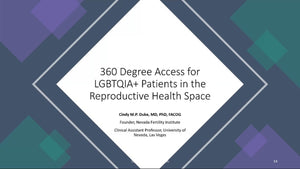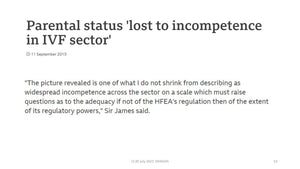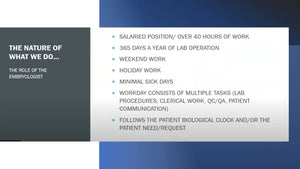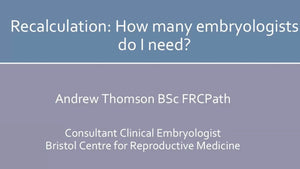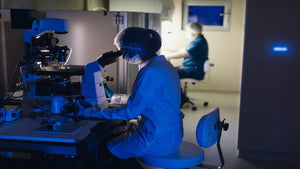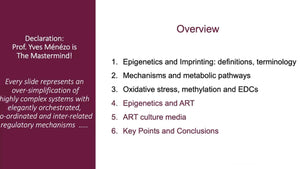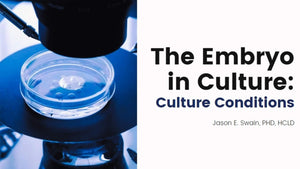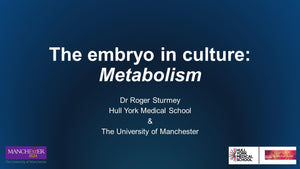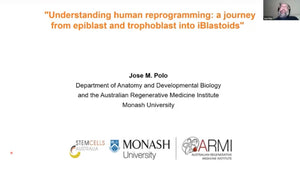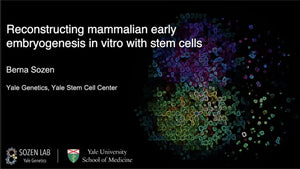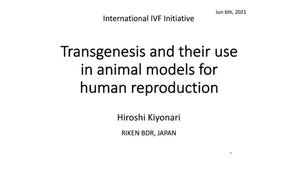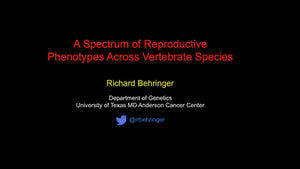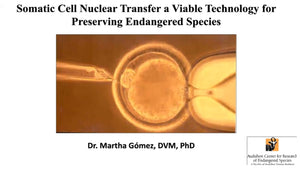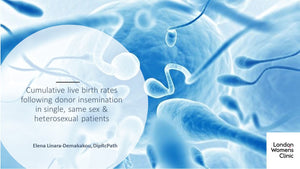Session 52: Personal Genetics

Donate
At the International IVF Initiative, we are committed to providing free access to our educational sessions, webinars, and resources for professionals and individuals passionate about advancing reproductive medicine. We believe that cost should never be a barrier to knowledge and collaboration. By contributing, you’re ensuring that valuable educational resources, expert insights, and collaborative opportunities remain open to all without financial barriers. Together, we can continue to foster a global community dedicated to innovation and excellence in the field of IVF.
Your Donation
Thank you!
Session 52: Personal Genetics
Tuesday 23rd February, 2021. 3PM EST/ 8PM GMT / 9PM CET /Moderators: Dr. Helen O'Neill and Dr. Sissy Wamaitha
"CRISPR Genome Editing. How, What and Why?"
Dr. Helen O'Neill
“Frequent Loss-of-Heterozygosity in CRISPR-Cas9-edited Early Human Embryos”
Dr. Gregorio Alanis-Lobato"CRISPR, IVG, ART...OMG! Untangling the Ethics of Radical Innovations in Assisted Reproduction"
Dr. John Appleby
DR. HELEN O'NEILL
 Dr. Helen O’Neill is a lecturer in Reproductive and Molecular Genetics and Director for the MSc in Reproductive Science and Women’s Health at the Institute for Women’s Health, University College London (UCL). Her research focusses on preimplantation embryo development and the use of genome editing to assess understanding and treatment of disorders of infertility. Dr. O’Neill has an honours degree in Genetics, an MSc in Prenatal Genetics and Fetal Medicine from UCL and did her PhD and postdoctoral research on the genetics of ovarian development in the Department of Stem cell biology and developmental genetics at the National Institute for Medical Research. She lectures both masters and medical students and is active in public engagement involving genome editing. Dr O’Neill is CEO and Founder of Hertility Health, a precision medicine based approach to reproductive health.
Dr. Helen O’Neill is a lecturer in Reproductive and Molecular Genetics and Director for the MSc in Reproductive Science and Women’s Health at the Institute for Women’s Health, University College London (UCL). Her research focusses on preimplantation embryo development and the use of genome editing to assess understanding and treatment of disorders of infertility. Dr. O’Neill has an honours degree in Genetics, an MSc in Prenatal Genetics and Fetal Medicine from UCL and did her PhD and postdoctoral research on the genetics of ovarian development in the Department of Stem cell biology and developmental genetics at the National Institute for Medical Research. She lectures both masters and medical students and is active in public engagement involving genome editing. Dr O’Neill is CEO and Founder of Hertility Health, a precision medicine based approach to reproductive health.DR. GREGORIO ALANIS-LOBATO
 Gregorio obtained a BEng degree in Computer Systems Engineering at the National Polytechnic Institute in Mexico before moving to KAUST in Saudia Arabia to pursue MSc and PhD degrees in Computer Science and Computational Biology, respectively. Then, he became a postdoctoral fellow at the IMB in Mainz, Germany, where he developed methods to study the architecture of the human protein interactome. As a postdoctoral fellow at The Francis Crick Institute in London, he took advantage of multiomics datasets to map the regulatory networks driving the first cell fate decisions in the early human embryo. In addition, he developed pipelines to evaluate the presence of unintended on-target events in CRISPR-Cas9-edited human embryos.
Gregorio obtained a BEng degree in Computer Systems Engineering at the National Polytechnic Institute in Mexico before moving to KAUST in Saudia Arabia to pursue MSc and PhD degrees in Computer Science and Computational Biology, respectively. Then, he became a postdoctoral fellow at the IMB in Mainz, Germany, where he developed methods to study the architecture of the human protein interactome. As a postdoctoral fellow at The Francis Crick Institute in London, he took advantage of multiomics datasets to map the regulatory networks driving the first cell fate decisions in the early human embryo. In addition, he developed pipelines to evaluate the presence of unintended on-target events in CRISPR-Cas9-edited human embryos.
Gregorio is now a Principal Computational Biologist at Boehringer Ingelheim Pharma, where he's applying his expertise in multiomics data integration and network biology to support the drug target discovery pipelines in the Central Nervous System and Research Beyond Borders departments.
DR. JOHN APPLEBY
 John is a Lecturer in Medical Ethics at Lancaster Medical School, Lancaster University. Before joining Lancaster, John completed his PhD at the University of Cambridge and was a post-doc at King’s College London.
John is a Lecturer in Medical Ethics at Lancaster Medical School, Lancaster University. Before joining Lancaster, John completed his PhD at the University of Cambridge and was a post-doc at King’s College London. John works on theoretical and applied issues in moral and political philosophy. The majority of his work is applied to issues (e.g. ethics, policy and regulation) in science and medicine - especially reproduction (e.g. the ethics of the donation of reproductive materials). He is currently conducting research on a number of topics in the field of reproduction and reproductive donation, including: gamete and embryo donation; mitochondrial replacement techniques / mitochondrial donation (aka 'three person IVF'); in-vitro derived gametes; ectogenesis and gene editing technologies (e.g. CRISPR). His work has also been featured in the media, such as on the BBC, Times Radio, the Financial Times, and others.
John has published two co-edited volumes on reproductive donation with Cambridge University Press, titled Reproductive Donation: Practice, Policy and Bioethics (2012) and Regulating Reproductive Donation (2016). For an up to date list of all of John’s projects and publications please visit his university webpage: http://www.lancaster.ac.uk/fhm/about-us/people/john-appleby
DR. SISSY WAMAITHA
 Dr. Sissy Wamaitha is a stem cell biologist whose research interests centre on investigating early human development.
Dr. Sissy Wamaitha is a stem cell biologist whose research interests centre on investigating early human development. Dr. Wamaitha gained a BSc (Hons) degree in Molecular Biology from the University of Manchester, UK, and then carried out her PhD research with Dr. Kathy Niakan in the Human Embryo and Stem Cell Laboratory at The Francis Crick Institute, London, UK (formerly the National Institute for Medical Research). There, she investigated the effects of growth factor signaling during human embryonic development and on embryonic stem cells, and contributed to the first study utilizing CRISPR genome editing to investigate gene function in human embryos.
Dr. Wamaitha is currently pursuing postdoctoral research in Dr. Amander Clark’s lab at the University of California Los Angeles, USA. Her research explores how human germline cells are specified in the early embryo and subsequently form gametes, with the aim of translating these findings to infertility-related therapies.
